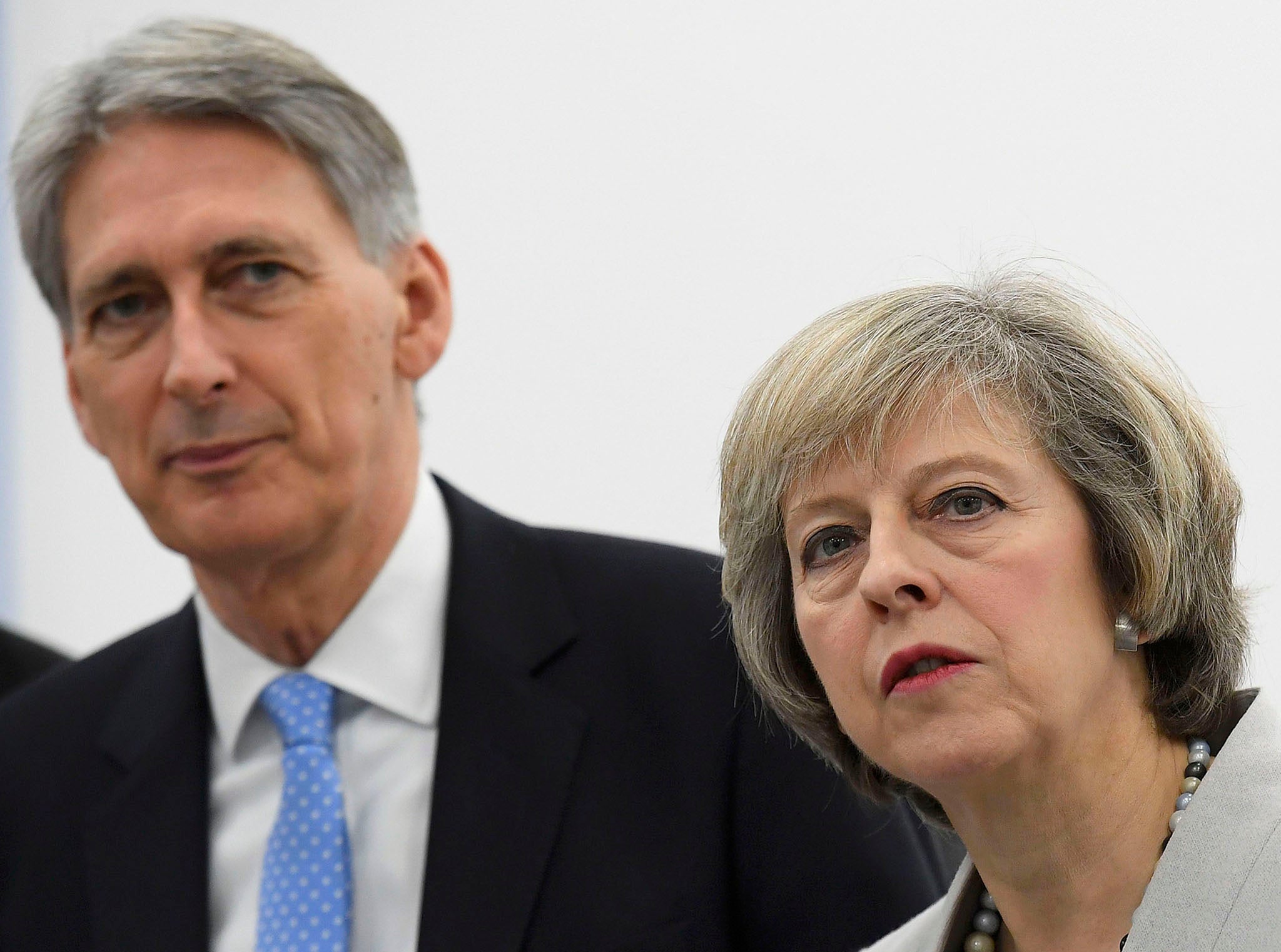The Government's attachment to a hard Brexit means businesses will have to pay – as they should
Businesses, small or large, ought to make a contribution to the societies in which they are based and from which they profit. Firms will always moan about taxes. That shouldn’t absolve them of a requirement to pay them


Chancellor Philip Hammond has good reason to be in “listening mode” over the vexed issue of business rates.
The Government, of which he is part, is preparing to deal businesses a devastating blow through its lunatic attachment to a hard Brexit.
Add to that a shakeup of business rates that could see the bills faced by firms in his own constituency rising by 13 per cent, and it’s hardly a surprise to see that an insurrection is brewing among people who would normally be natural Tory supporters.
At the core of the problem is the fact that smaller businesses based in places with high property values – the town centres of picturesque market towns, for example – are getting clobbered.
They already pay disproportionately more than, for example, big online retailers that operate from out-of-town warehouses in low rental areas.
Since the last revaluation exercise, however, the gap has widened still further and firms in the more prosperous parts of the Tory-voting South are going to face the biggest hit at a time when the outlook is less than rosy.
Your local tailor, already struggling with sharply higher import costs thanks to the impact of Brexit on the pound, is facing a double whammy from a higher tax bill. Amazon, by contrast, is sitting pretty. PS: It now has 353 pages devoted to suits and blazers.
Some, including my colleague Sean O’Grady, have argued that the system has become so perverse that it ought to be scrapped.
But that would be a mistake and here’s why: businesses, small or large, ought to make a contribution to the societies in which they are based and from which they profit.
However, that contribution has been falling. Rates of corporation tax have cut and then cut again by contrast to the levies imposed on individuals either directly (through income or capital gains taxes) or indirectly (via VAT).
The reductions, however, haven't done anything to stop businesses from doing everything in their power to lower their bills.
Again, the advantage is with the likes of Amazon and other multinationals, which use sophisticated accounting wheezes to shift profits to the ultra-low business tax nations that Britain is trying to join, such as Ireland and the Netherlands. Smaller firms that play the same game have to rely on their accountants finding more prosaic ways of reducing their reported profits to cut their bills.
Against this backdrop, the advantage of property-based levies becomes more obvious. You can’t use a Double Irish or a Dutch Sandwich to shift your premises. You can’t get your accountant to make it look as though you’ve been losing money for 10 years to avoid paying a levy linked to where you operate.
Of course, your local independent retailer could very well argue that they don’t have a letterbox in Ireland. It’s also worth noting that some small outfits shun the use of cynical tactics to cut their bills. They’ve enough on their plates without indulging in the sort of dust-ups with HM Revenue & Customs that can follow.
So there is a case for measures to ease some of the pressure imposed by the revaluation of the rental values on which business rates are set.
Moreover, I’m not saying the system couldn’t be improved. If Philip Hammond is in listening mode, as has been claimed, perhaps he might be willing to entertain ideas.
However, the current furore shouldn’t be allowed to obscure the important principle that business needs to make a contribution. Firms will always moan about taxes. That shouldn’t absolve them of a requirement to pay them.
Painful though it may be, a tax on premises might be a better way of securing their contribution to society than a tax on profits.

Join our commenting forum
Join thought-provoking conversations, follow other Independent readers and see their replies